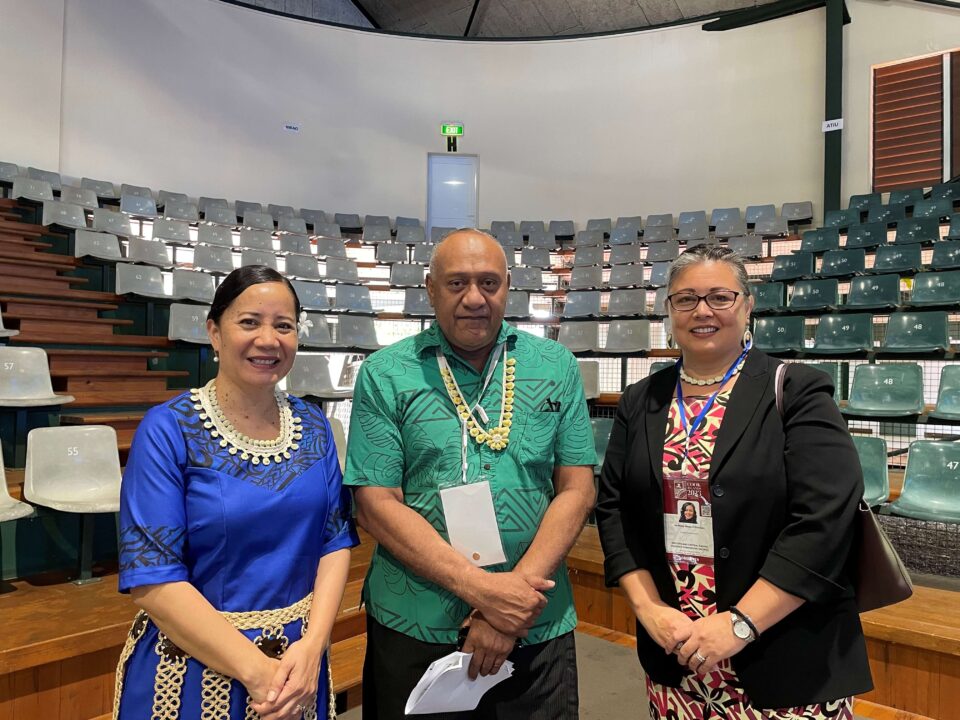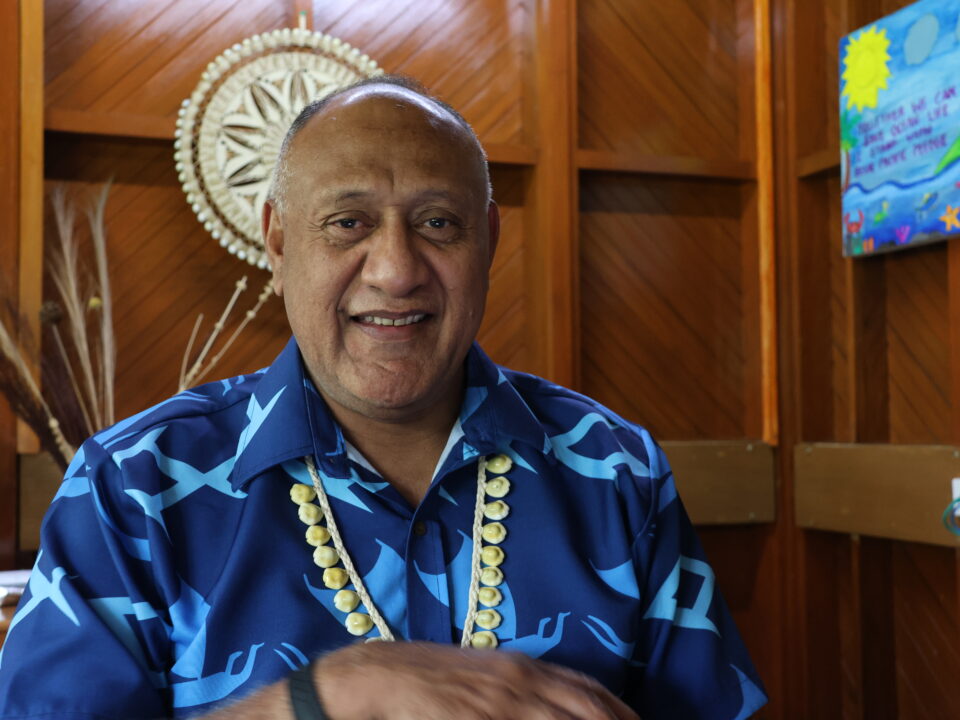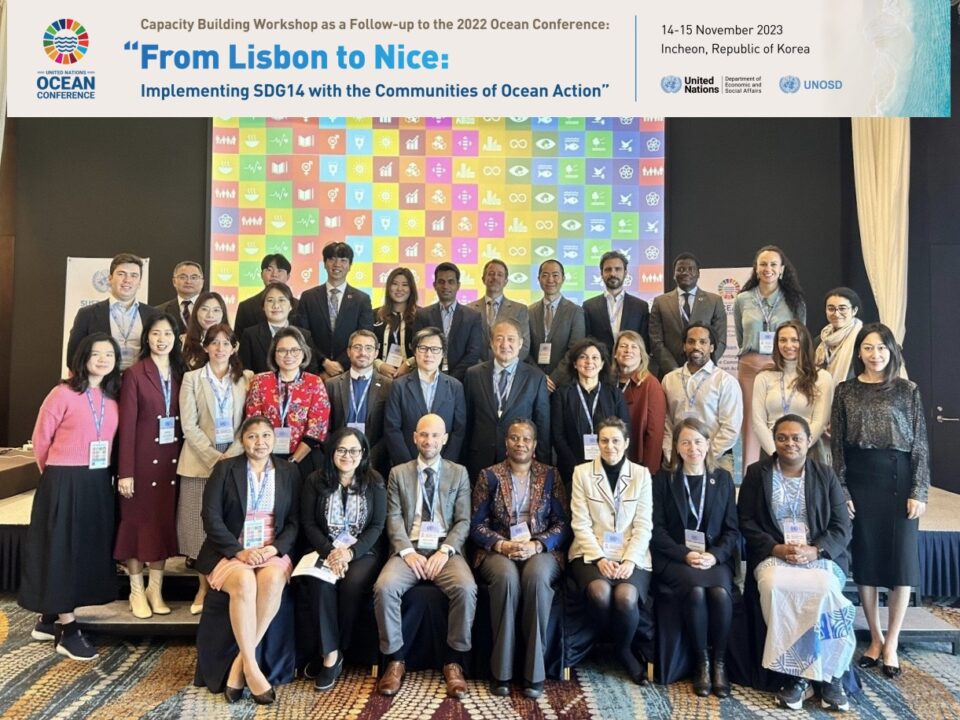
Palau’s Permanent Representative to the United Nations, Ambassador Olai Uludong is one of the facilitators of the four informal working groups negotiating the high seas treaty underway in New York.
She is the only Pacific Small Island Developing States (PSIDS) diplomat leading the discussion in the informal working group on capacity building and marine technology transfer (CB&TT).
This week Ambassador Uludong is presiding over discussion to try and reach consensus on issues that include a potential list of activities in the new High Seas agreement, as well as matters related to monitoring and review, definitions, and the list and types of CB&TT in the annex. The informal working group is also debating the clearing-house mechanism and discussing the types and functions of such a mechanism.
“When I was asked to do this, I remembered when I was asked to chair the Alliance of Small Islands States (AOSIS) in climate change, in the lead up to the Paris treaty. It was just as tough. As a woman you have to pull your weight and you have to show that you have the ability to chair or facilitate just as well as your male counterparts, said Ambassador Uludong.
She is encouraging more women from the Pacific to aspire to take up similar important decision making roles at the UN.
“I would encourage women negotiators from the Pacific to have confidence in themselves and bring the Pacific or SIDS flavour to the negotiations because a lot of the oceans that we are talking about largely belong to the Small Island Developing States (SIDS). It’s a pleasure to be here not just representing my country but also the Pacific and facilitate debate that will come up with a treaty that we hope will benefit the future generations.
“It means more women need to be on the decision making table. It is truly an honour that I get to facilitate the oceans treaty. I am also a mum. A lot of the time when you facilitate as a woman, you always think, who are you doing it for? And I am doing it for my daughter and also for the next generation.
One of her personal touches during her informal working group session is her mascots that tell a story of the many living organisms, mammals and birds in the High Seas.
“I have my mascots with me. I like to introduce them to bring life into the room. Some of us in the room have never seen the ocean and don’t even know what’s in the ocean and the ocean floor or even high above it, said Ambassador Uludong.
For this session, her mascot was the high seas coral.
“In my introduction I said that I haven’t seen that species because it lives 20,000 feet below the surface. The coral has a special part in the equilibrium of the biodiversity of the high seas.
“For the second IGC, my mascot was the lord of the high seas – the bird. The bird is a significant part of the biodiversity. My first mascot was Dumbo the octopus that lives 13,000 feet below the sea. Those species we know exist and they play a special role in the high seas, explained the Palau diplomat.
She also paid tribute to other strong women negotiators leading the negotiations.
“As a woman I’d like to say that it’s truly my pleasure to be facilitating important components of the high seas treaty and also being in a room with other women – the President of the negotiations is an Ambassador from Singapore, Rena Lee who is a good friend and also a mother. Also on the dais is an all women group from the UN DOALOS Secretariat that support me, Gabby and Alice and her team, acknowledged Ambassador Uludong.
Two other women leading the informal working group negotiations are New Zealand’s Alice Revell, who is heading her country’s delegation and facilitating the informal working group on area based management tools including marine protected areas (ABMTs) and Belize’s Janine Coye-Felson who is charge of the important Marine Genetic Resources MGRs).
PACNEWS coverage of the BBNJ IGC 3 in New York is made possible with funding support from the New Zealand Government through the Office of the Pacific Ocean Commissioner (OPOC)
Published: PACNEWS



